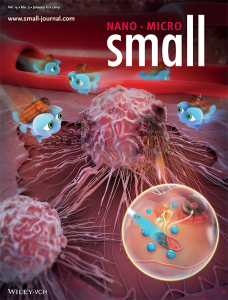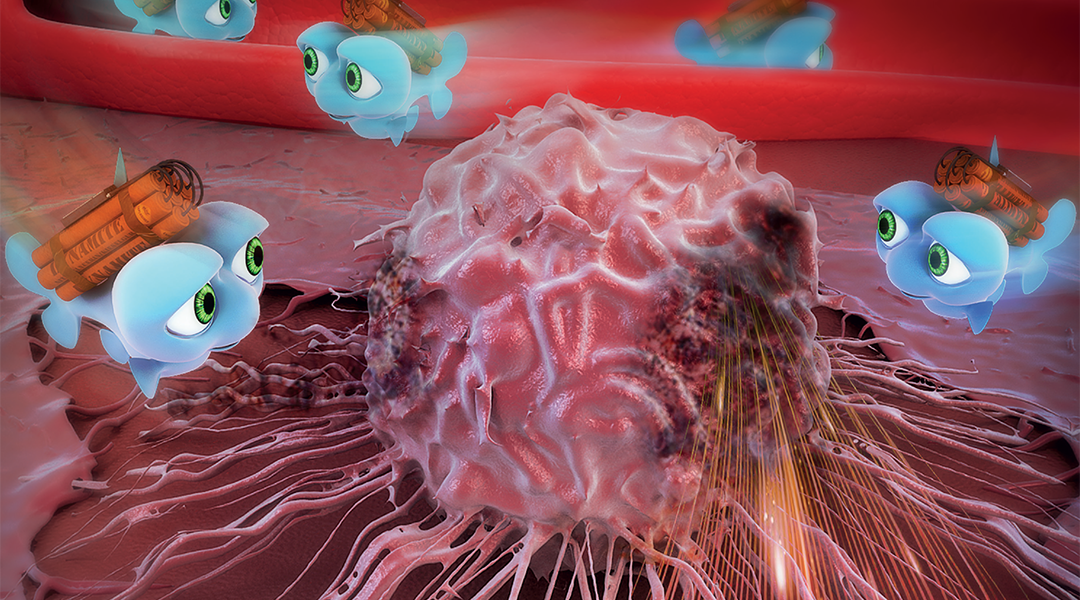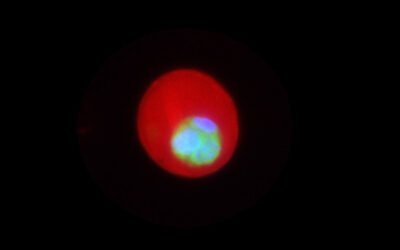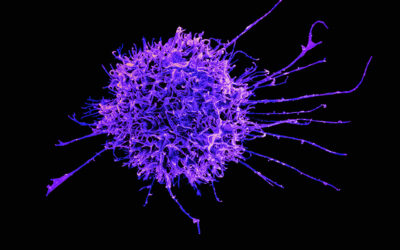
Cancer is a major threat to human life, which has traditionally had one major clinical treatment method: chemotherapy. But multidrug resistance and harmful side-effects, due to the nonspecific action of chemotherapy, have driven researchers to pursue other therapies with different modes of action.
Targeted drug-delivery systems and combination therapies are some options used to address these issues. Protein nanoparticles are regarded as a promising drug-delivery option that could overcome multidrug resistance: they have favorable bioavailability, biodegradability, low toxicity, good solubility, and good tumor targeting ability.
Protein nanoparticles have been shown to accumulate in tumors, where they can target the mitochondria—subcellular organelles that are essential to the survival of a cell—of the cancer cells. By specifically targeting the mitochondria, mitochondrial dysfunction can be induced, alongside upregulated production of reactive oxygen species (ROS) that can lead to cell death.
Novel self-assembled mitochondria-targeting protein nanoparticles, designated GST-MT-3, have been developed, in research lead by Professor Jian Lin at Peking University. By chelating cobalt ions, the nanoparticles, [GST-MT-3(Co2+)], induce the production of ROS, leading to reduced mitochondrial membrane potential, which inhibits tumor growth. When combined with a low dose of paclitaxel, the nanoparticles can exhibit synergistic efficacy, which prolongs survival time.
Prof. Jian Lin comments that; “This work paves the way for therapying multidrug resistance and broadens the application of protein nanoparticle in cancer therapy.” While there may be a long way to go to fully understanding why and how the protein nanoparticles target mitochondria, or if there are other undiscovered potential targeting sites for cancer besides the enhanced permeability and retention (EPR) effect, which mediates the delivery of drugs to tumors, these novel nanoparticles clearly have potential for future combination cancer therapies.

















